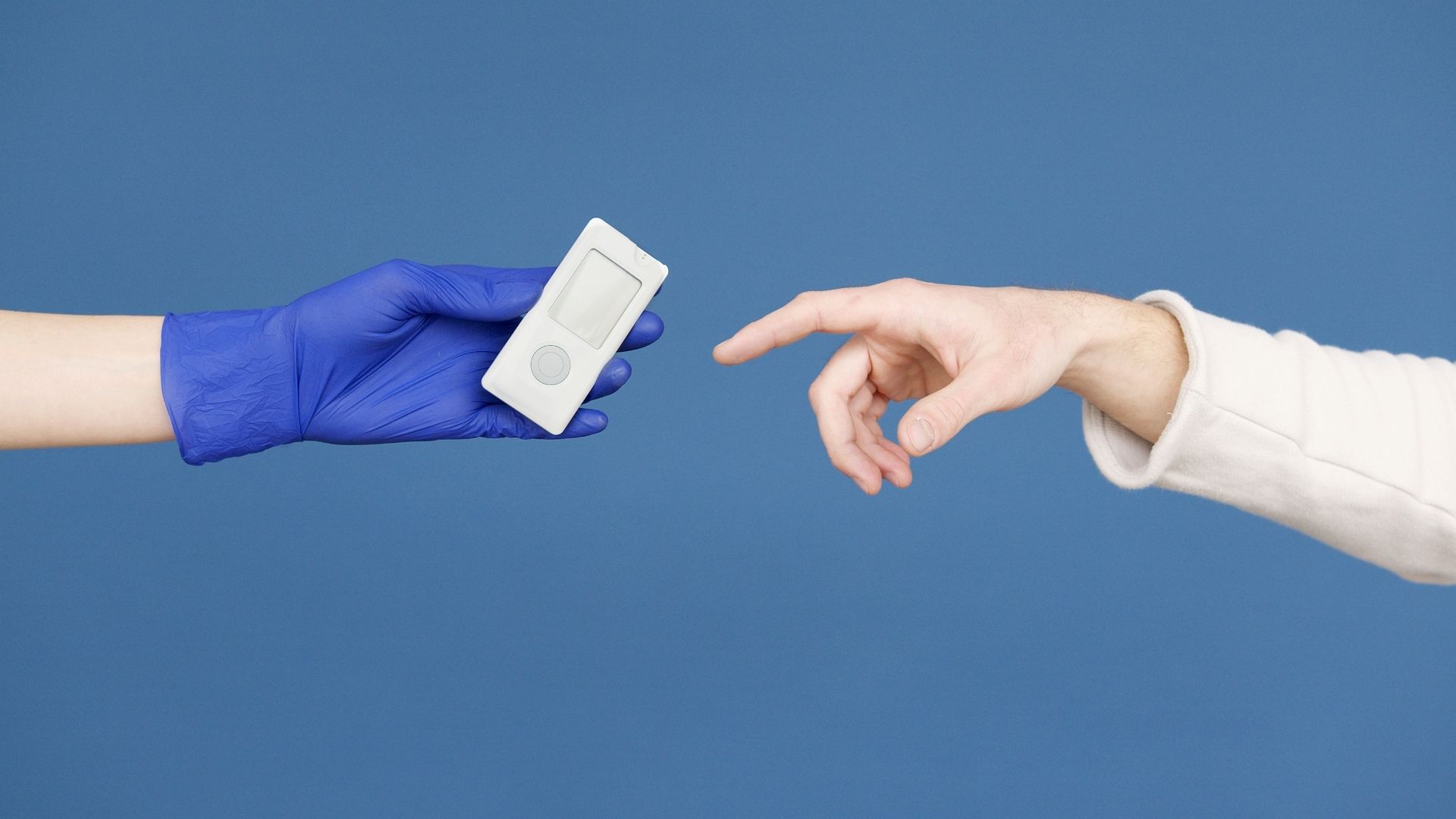Healthcare organizations don’t question the main priority for sustainable growth. Patient-centered care became a standard by default. This applies to hospitals and large medical centers, as well as to individual practices.
With that in mind, healthcare centers have various activities that need to be undertaken for the facilities to run efficiently. The healthcare providers and staff administrators have to control multiple clinical, financial, and administrative functions that enable smooth operations of the medical facilities. There is a need for precise management of the patients’ information, including admissions, medication reports, billing, and appointments among others.
Physicians also need to interact with their patients, assess and monitor their progress during medication and ideally monitor carefully the impact of treatment. All these functions require specific custom software that can provide physicians and health care providers with the capability to perform and undertake daily practice operations.
6 main types of healthcare software
Healthcare software deals with the day-to-day operations of medical practice. It provides a spectrum of perks, from advancing health management to limiting medication errors in hospitals. Software development companies provide the following range of services:
- Electronic health records (EHR) and electronic medical records (EMR) software;
- E-prescribing software;
- Medical diagnosis and visualization software;
- Healthcare data management and analytics;
- Patient relationship management;
- Medical research platforms.
Most of all, healthcare applications are designed to improve administrative processes. They serve many different healthcare sectors, despite sharing one purpose: to deliver a higher quality of patient care.
Let’s look at each of these in turn.
EHR and EMR software
EMR and EHR are designed to collect and manage digital records of patient data. An EMR represents a digital version of a patient’s chart with medical and treatment history in one place.
The EHR system usually has a user-friendly cloud-based interface and contains the patient’s complete clinical summary. EHR provides a long-term view of a patient’s health for a wide range of professionals. In both systems, the data collected include medications, problems, allergies, vitals, labs, immunizations, and more.
E-prescribing software
An e-prescribing software is a tool that helps a healthcare provider electronically produce and submit a drug order to a patient’s preferred pharmacy. According to the e-prescribing definition, instead of using manual procedures (such as phone calls and faxes) to reach pharmacies, physicians can generate and deliver a patient’s medication using their computer or mobile device.
Electronic prescription services are distributed via e-prescribing software vendors’ proprietary, safe, and closed networks.
Medical diagnosis and visualization software
Medical diagnosis software is a healthcare application powered by AI to handle the medical diagnostic process while ensuring greater clarity or precision with respect to the information received. The function of this software system is to conduct an automated and coherent process of medical diagnosis to decrease the chances of error in the diagnosis results.
Virtual reality and augmented reality software, for their part, let healthcare professionals produce 3D models of patients’ internal structures. In doing so, physicians and surgeons can go beyond MRI and CT scans to evaluate, diagnose, and treat patients.
Healthcare data management and analytics
Healthcare data management software includes functionality to address every part of the medical billing workflow, from scheduling appointments to processing payments. In addition, it includes medical claims management which covers all the paperwork involved in patient diagnosis, treatments, and medications.
Patient relationship management
This type of software includes patient portals, staff coordination, medical CRMs, and other platforms for patient-doctor communication. It provides a HIPAA-compliant way for patients to send prescription renewal requests, reach out to clinical or billing staff, schedule appointment time, etc.
It also coordinates medical staff workflow and provides physicians with a visual overview of customers.
Medical research platforms
Medical research platforms are designed to gather complete, detailed, and organized patient data. Such databases are equipped with interactive multimedia so medical workers can make informed and data-based decisions about the diagnosis.
Why use healthcare software
Medical software tools are undeniably changing healthcare for the better. It shows just how far we’ve come as medicine meets state-of-art medical technologies. Digital transformation has made medical help overall more accessible, especially during the pandemic. Moreover, it improved patients’ treatment experience, streamlined clinics’ management, and simplified the daily work of physicians.
The result allows healthcare organizations a wide range of customization in every direction, whether they need an effective patient portal or other mhealth apps.
Are you building a healthcare business? Allow patients to securely engage with your practice through convenient health apps designed by an experienced healthcare software development agency. Reach out to Smart IT’s software development team today!
12 January 2022



